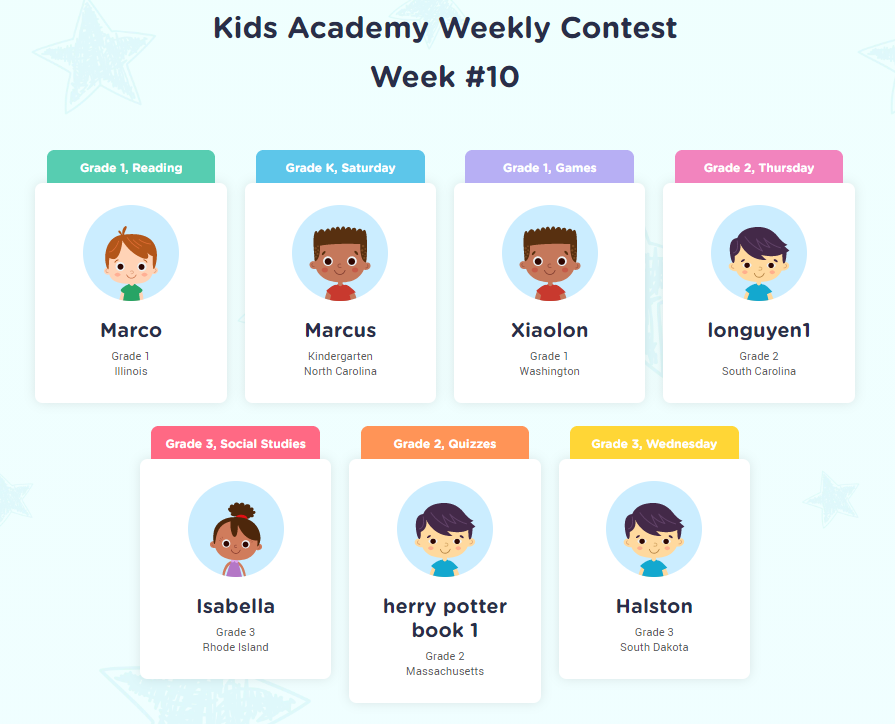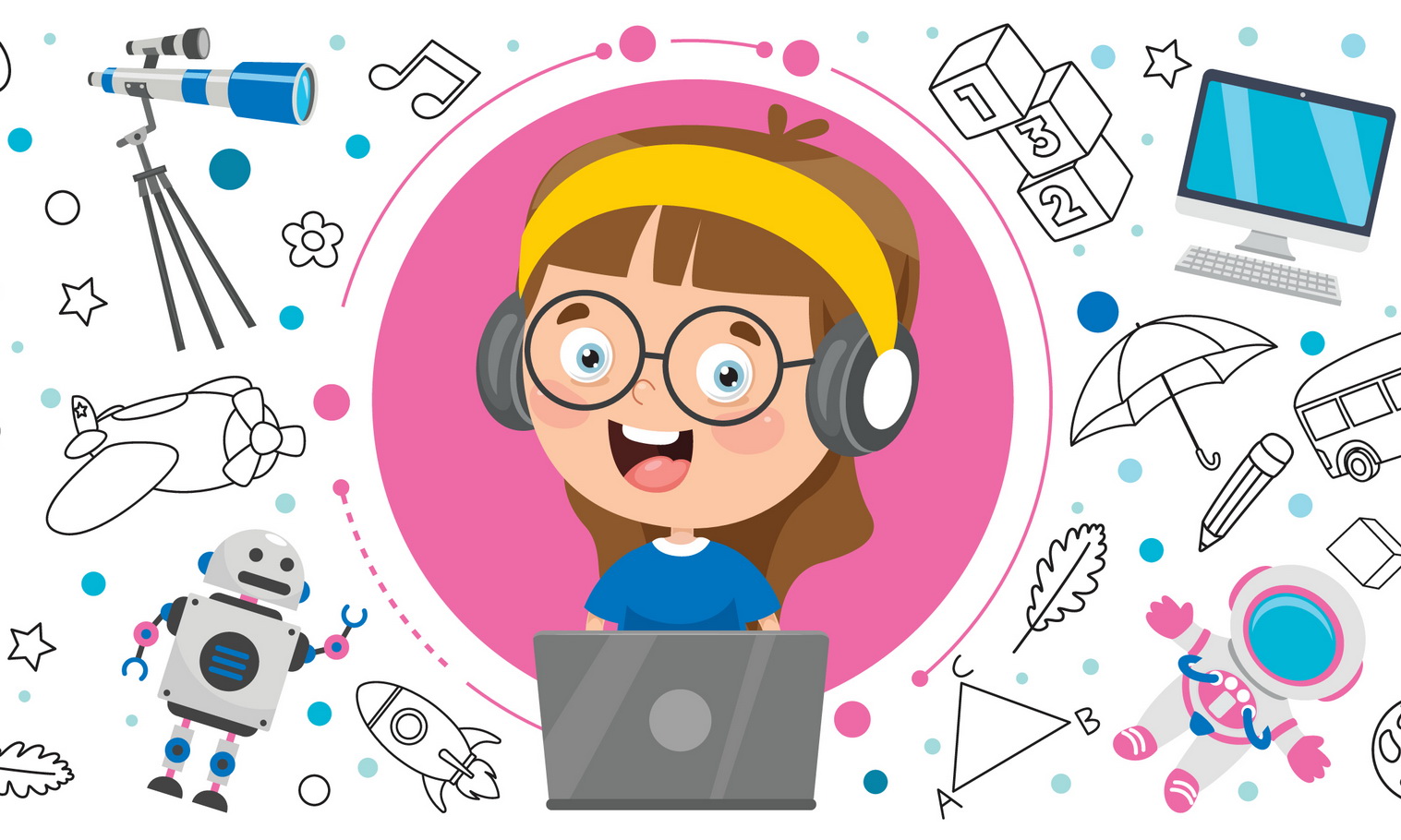Emotional expression Worksheets for Ages 7-8
4 filtered results
-
From - To
Discover our curated Emotional Expression Worksheets for ages 7-8, crafted to help young learners understand and express their feelings in a healthy way. These engaging handouts are designed using age-appropriate activities that encourage children to recognize, articulate, and manage a range of emotions. By practicing emotional vocabulary and identifying different feelings through interactive sessions, kids can build essential social-emotional skills. Our worksheets promote empathy, self-awareness, and improved communication, laying a strong foundation for emotional intelligence. Access now and give your child the tools to navigate their emotions confidently and positively. Perfect for parents and educators!
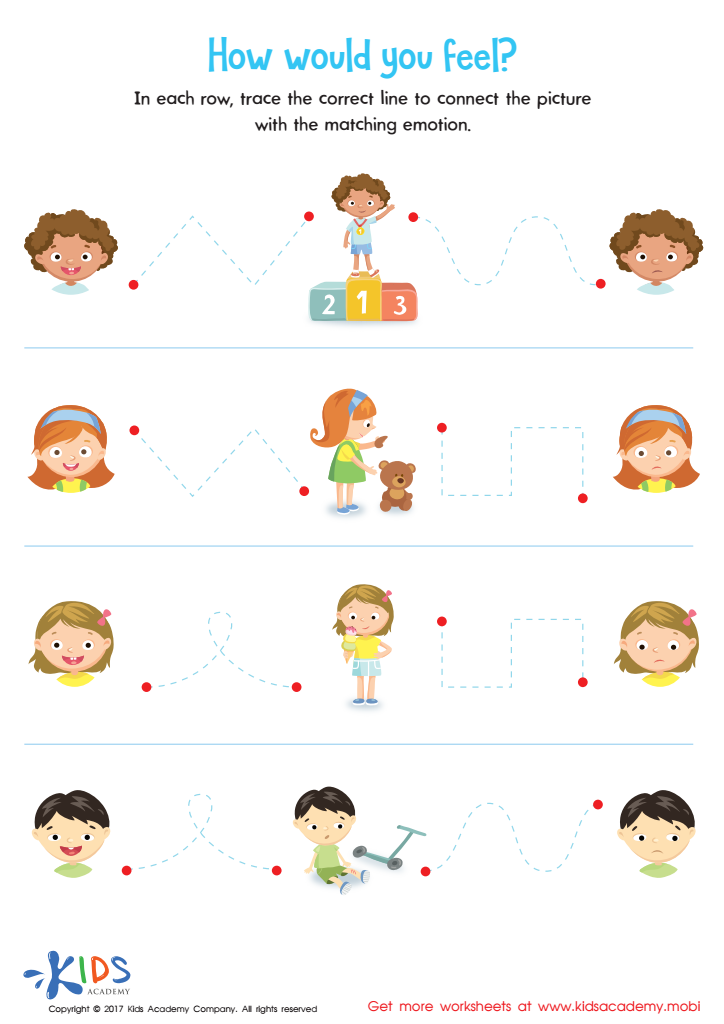

Feelings and Emotions Worksheet
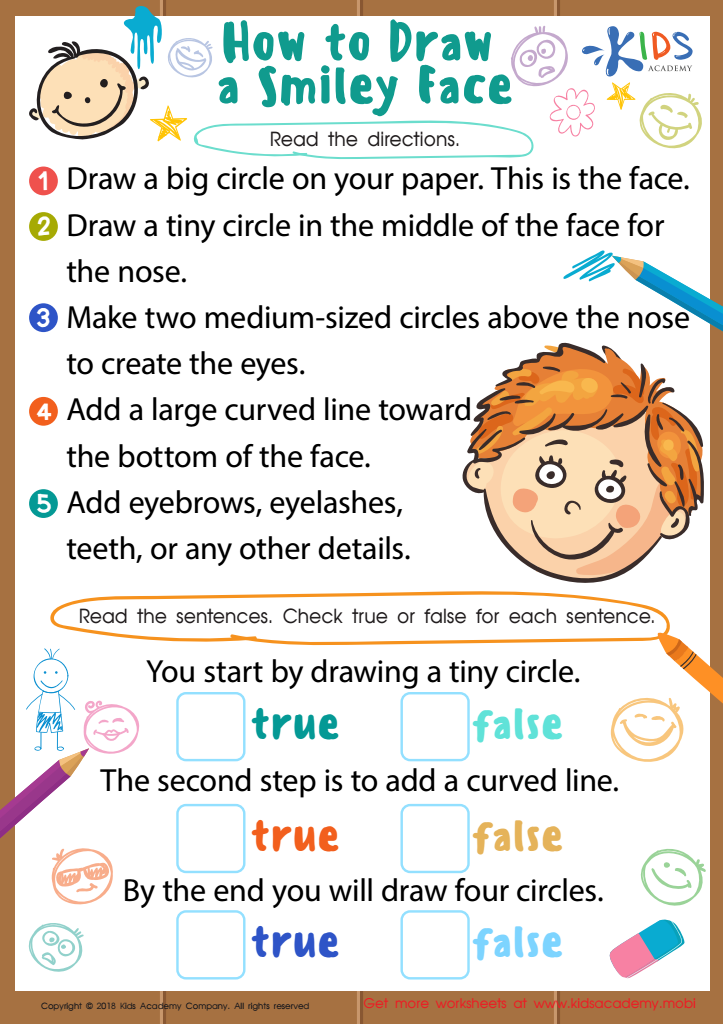

How to Draw a Smiley Face Worksheet
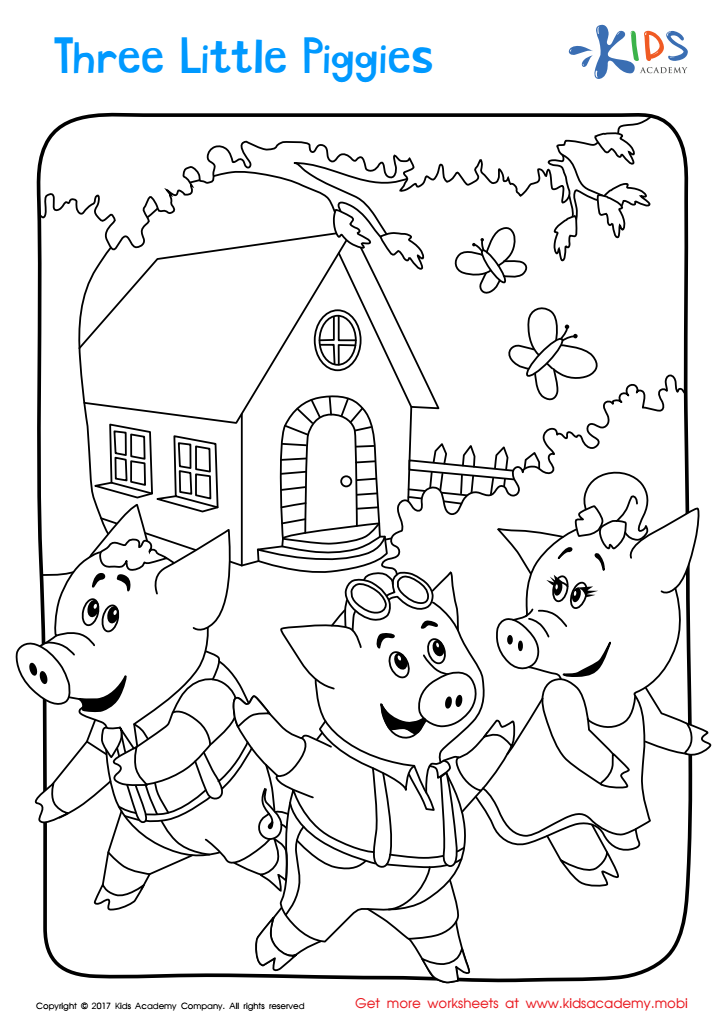

Three Little Piggies Printable Coloring Page
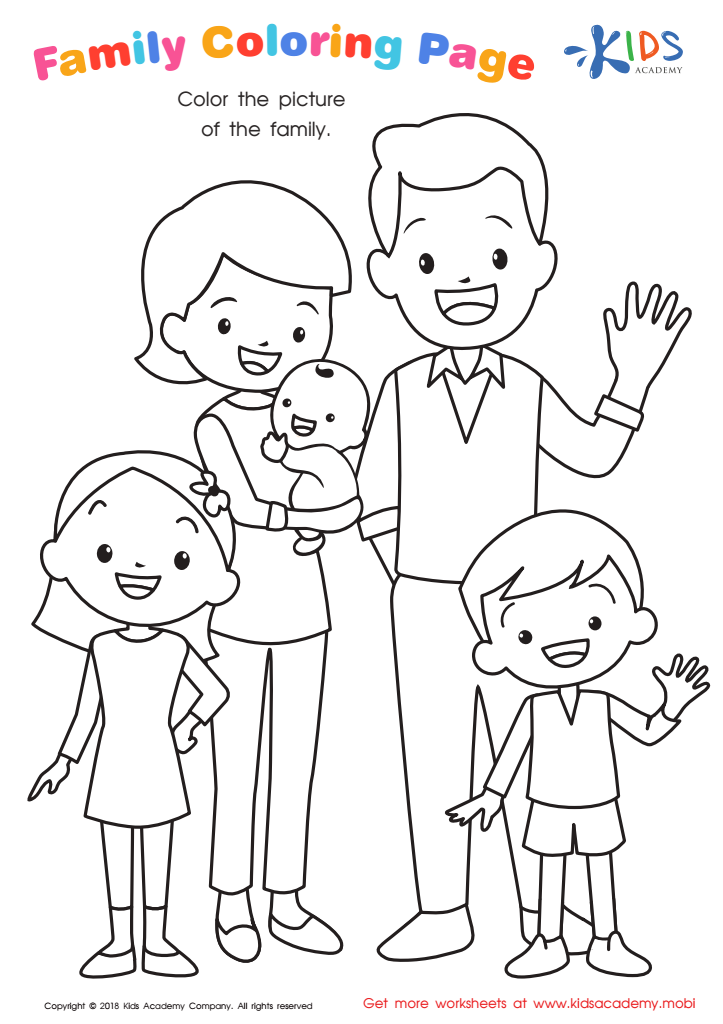

Family Coloring Page
Parents and teachers should prioritize emotional expression for children aged 7-8 because this developmental stage is foundational for emotional and social skills. At this age, kids are just starting to navigate complex emotions like frustration, joy, disappointment, and empathy. Encouraging them to express these emotions:
-
Strengthens Communication: When children articulate their feelings, it improves their vocabulary and communication skills. This is essential for forming healthy interpersonal relationships.
-
Builds Emotional Intelligence: Understanding and expressing emotions helps children recognize and manage their feelings, leading to higher emotional intelligence. This talent is crucial for personal and academic success.
-
Reduces Behavioral Issues: Kids who can express their emotions healthily are less likely to exhibit negative behaviors like aggression or withdrawal. It fosters a safe classroom or home environment.
-
Enhances Problem-Solving Abilities: Children who can identify their feelings are better equipped at navigating social interactions and solving conflicts intelligently and empathy.
-
Promotes Mental Well-being: Early expression and understanding of emotions can prevent future mental health issues, providing tools kids can rely on throughout their lives.
Parents and teachers play critical roles in modeling and teaching these skills by offering safe spaces and constructive feedback. Imagine a future where our children grow up to be empathetic, self-aware, and resilient adults—this starts with valuing emotional expression.

 Assign to My Students
Assign to My Students




